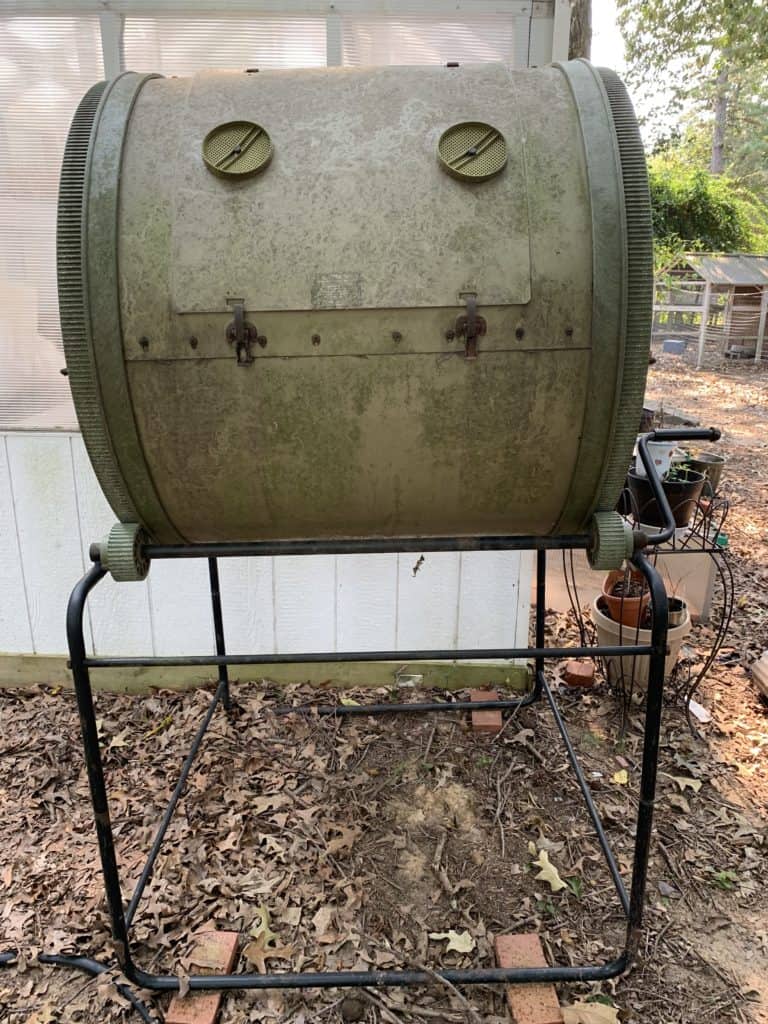Gardening for Health

We Can Fight Climate Change
By Maria Price
Climate change is one of the biggest challenges we are facing as a species. Human activity over the past 200 years has meant that we’re standing on the brink of an environmental disaster. The latest weather occurrences should be eye-opening. Hurricanes with exceptional wind speeds, tornadoes in our backyard, western fires blazing for months, pandemics and floods. We can’t wait for the wheels of government to take action. If we all start making some changes, we can start to make a difference.
We should minimize our carbon footprint. Our carbon footprint is a measure of the total amount of greenhouse gases released into the atmosphere, usually measured in tonnes of carbon dioxide. These gases block heat from escaping the atmosphere; they include carbon dioxide, nitrous oxide and methane. Greenhouse gas emissions are causing the earth to warm up at an unnatural rate. Global warming is a rapid increase of the average surface temperature on earth caused by the accumulation of greenhouse gases in the atmosphere. Fossil fuels (coal, oil, natural gas) are natural resources that produce carbon dioxide.
Global data from 2017, from Our World In Data, gives us the following figures. It tells us that the United States produces 5.27 billion tonnes of carbon dioxide annually. China produces 9.84 billion tonnes of carbon dioxide annually.
What are the biggest sources of carbon footprints? Producing energy by the burning of fossil fuels produced 36,013.52 million tonnes of carbon dioxide. Agriculture produced 5795.51 million tonnes of carbon dioxide. Land use change and forestry via altering or converting land produced 3217.07 million tonnes of carbon dioxide. Industrial processes produced 2771.08 million tonnes of carbon dioxide. Waste produced 1560.85 million tonnes of carbon dioxide.
Our actions and lifestyle choices have some impact on the environment. Small changes can all add up.
First try to reduce the amount of energy you use and reduce your waste. Turn lights off when not in use. Besides electric cars, there are many electric alternatives for garden work. DR Power Equipment (1-800-376-9637) offers many battery powered tools: electric mowers, pole saws, weed whackers, hedge trimmers, blowers and chain saws. Reduce your waste by composting kitchen scraps, newspaper, cardboard, leaves, grass clippings and anything that is organic. All of this can be composted in a discreet part of your yard to replenish your soil. You should continually feed your soil. The pictured Compost Tumbler (1-800-880-2345) keeps composting easy and neat. It makes compost very quickly. If allowed, use a small clothesline to dry your laundry instead of a clothes dryer. Try riding a bicycle for transportation when possible. Shop locally especially at farmers markets and local farms. Try to reduce how often you buy new products. Eat fewer animal products. The more energy intensive something is to produce, it’s usually worse for the environment. Try to grow as many vegetables as possible and try your hand at canning or freezing the excess. Don’t forget to grow native plants to increase the numbers of our pollinators otherwise your plants won’t make food.
Small changes can have big impacts.
